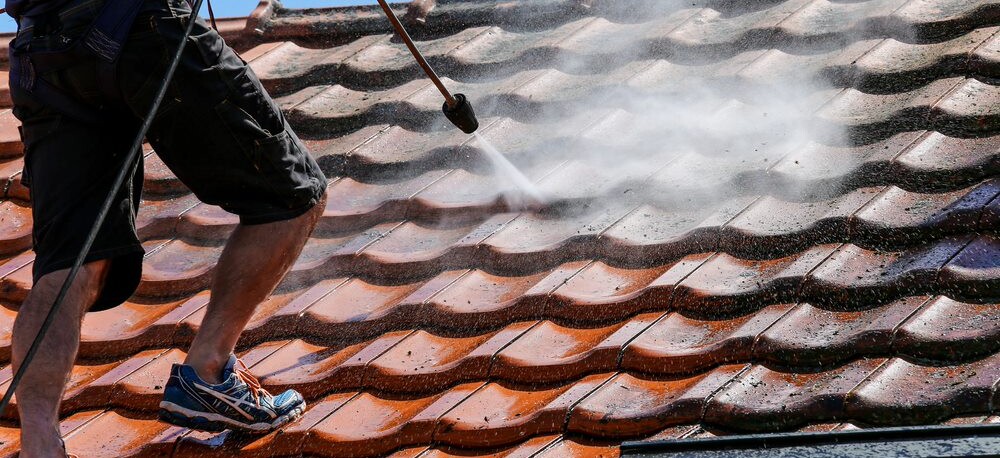A proper setup ensures consistent results and prevents damage to surfaces. Here's what every cleaner should have in their toolkit.
1. Pressure Washer Unit
Choose between electric and petrol models.
Electric washers are quieter, lighter, and perfect for small home projects.
Petrol washers provide extra power and mobility—ideal for contractors or outdoor jobs where power access is limited.
Look for models with a sturdy pump, adjustable pressure control, and a flow rate of at least 7 L/min for solid cleaning performance.
2. Nozzles and Spray Tips
Nozzles determine your spray pattern and cleaning power.
0° Red Tip: Focused jet for heavy stains (use carefully).
15° Yellow Tip: Perfect for driveways and brickwork.
25° Green Tip: Balanced option for decks and fences.
40° White Tip: Safe for vehicles, glass, and painted surfaces.
A rotary or turbo nozzle combines pressure and rotation for faster coverage on large areas.
3. Extension Wands and Telescopic Lances
For reaching second-storey windows, walls, or gutters without climbing ladders. Adjustable wands also reduce fatigue by maintaining the right distance and angle.
4. Hoses and Fittings
Always use reinforced, high-pressure hoses with brass or stainless-steel fittings. Quick-connect couplers prevent leaks and expedite setup. Longer hoses reduce the need to constantly reposition your washer.
5. Detergent Systems
For stubborn stains or greasy surfaces, detergents make a huge difference. Most professional machines have a soap injector or foam cannon. Use biodegradable, non-corrosive detergents; they're safer for plants and pets and won't damage concrete sealers.
6. Safety Gear
Pressure washers can send debris flying at over 100 km/h. Always wear:
Safety goggles
Non-slip boots
Hearing protection
Long sleeves and gloves



